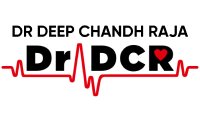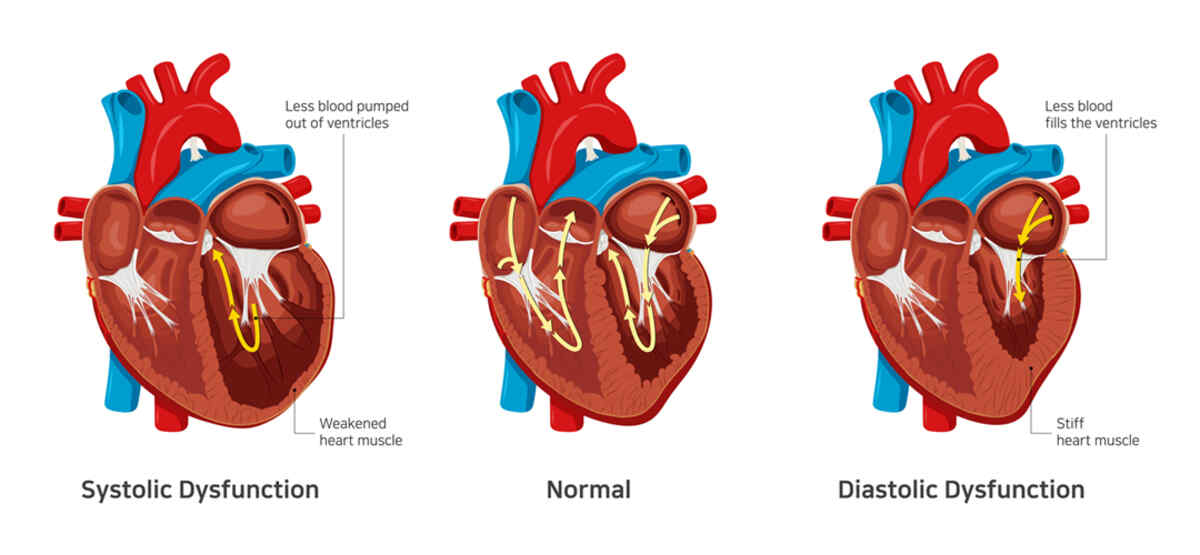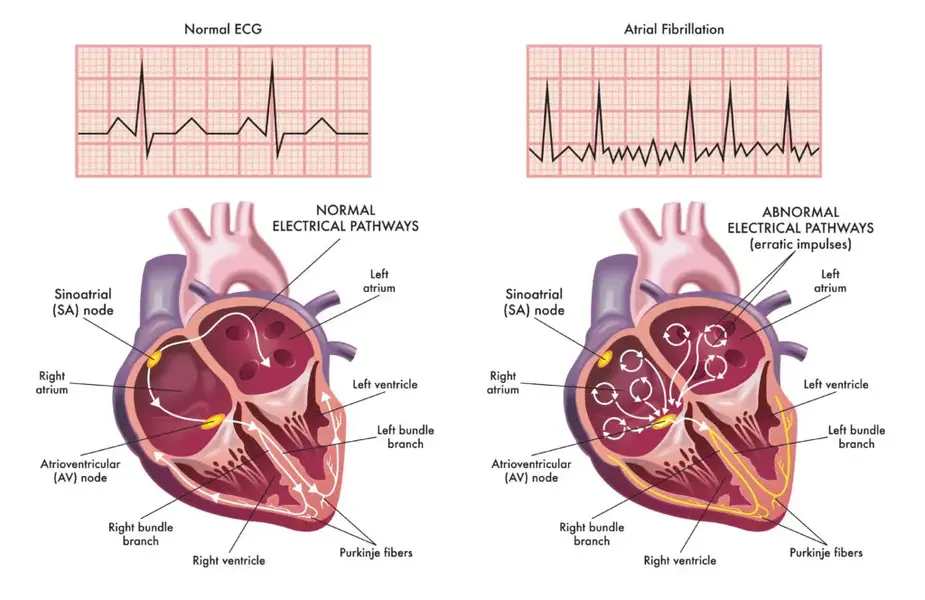Heart attacks are often serious and can be life-threatening, making them one of the leading causes of death worldwide. A heart attack, or myocardial infarction, happens when a blockage prevents oxygen-rich blood from reaching the heart.
However, not all heart attacks are equal. Some are more severe than others, depending on how much of the heart muscle is damaged and the extent of the blockage. In some cases, a person may experience what is known as a mild heart attack, where the damage is minimal.
In this article, we'll explore mild heart attacks, how they're diagnosed, and what you can do to reduce the risk of future heart problems.
What Is a Mild Heart Attack?
A mild heart attack, or non-ST elevation myocardial infarction (NSTEMI), occurs when a partial blockage in one of the coronary arteries that delivers oxygen-rich blood to the heart occurs. In this type of heart attack, the heart muscle isn't fully damaged, and the injury is typically confined to a small area of the heart.
Diagnosing a Mild Heart Attack
Diagnosing a mild heart attack can be challenging because its symptoms often overlap with those of other conditions. Common signs include chest pain, shortness of breath, nausea, light-headedness, and fatigue. If you experience any of these symptoms, it's crucial to see a heart specialist right away.
A heart specialist may use several tests to diagnose a mild heart attack. These can include an electrocardiogram (ECG), a blood test to check for enzymes that indicate heart muscle damage, and cardiac catheterization to assess the extent of any blockages in the coronary arteries.
Should You Take It Seriously?
Although a mild heart attack is less severe than a major heart attack, it is still a significant medical concern that requires immediate attention. If left untreated, it can lead to additional heart damage and complications like heart failure, arrhythmias, and even sudden cardiac death.
Furthermore, a mild heart attack increases the likelihood of future heart attacks and strokes. It's important to view this experience as a crucial reminder to take your heart health seriously.
Tips to Prevent Future Heart Attacks
If you've had a mild heart attack, there are steps you can take to improve your heart health and reduce the risk of future attacks. Here are some simple tips:
- Adopt a heart-healthy lifestyle: Focus on a balanced diet, regular exercise, maintaining a healthy weight, and avoiding smoking and excessive alcohol.
- Take your medications as prescribed: Your doctor may recommend aspirin, beta-blockers, or cholesterol-lowering drugs to help prevent future heart attacks.
- Manage other medical conditions: If you have conditions such as high blood pressure, diabetes, or high cholesterol, it's important to manage them effectively to lower your risk.
- Attend regular check-ups: Schedule visits with a heart specialist to monitor your heart health and catch any issues early.
Conclusion
A heart attack, even a mild one, is a serious concern. It can signal underlying health issues that need prompt medical attention. If you've experienced a mild heart attack, it's important to take steps to reduce the risk of future cardiac events.
This includes adopting a heart-healthy lifestyle, taking your medications as prescribed, managing other medical conditions, and attending regular check-ups with your doctor. Following these steps can protect your heart and lower the risk of further damage.
Dr Deep Chandh Raja S is one of the top heart doctors in Chennai. Specializing in interventional cardiology, he has helped many patients lead happier, healthier lives. If you or someone you know needs a good cardiologist in Chennai, consider reaching out to Dr. Deep Chandh Raja S.


.jpg)


.jpg)